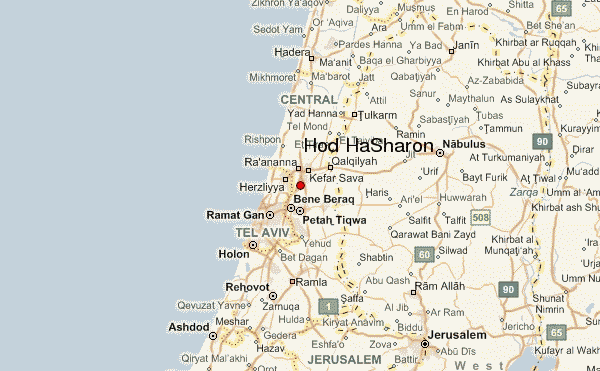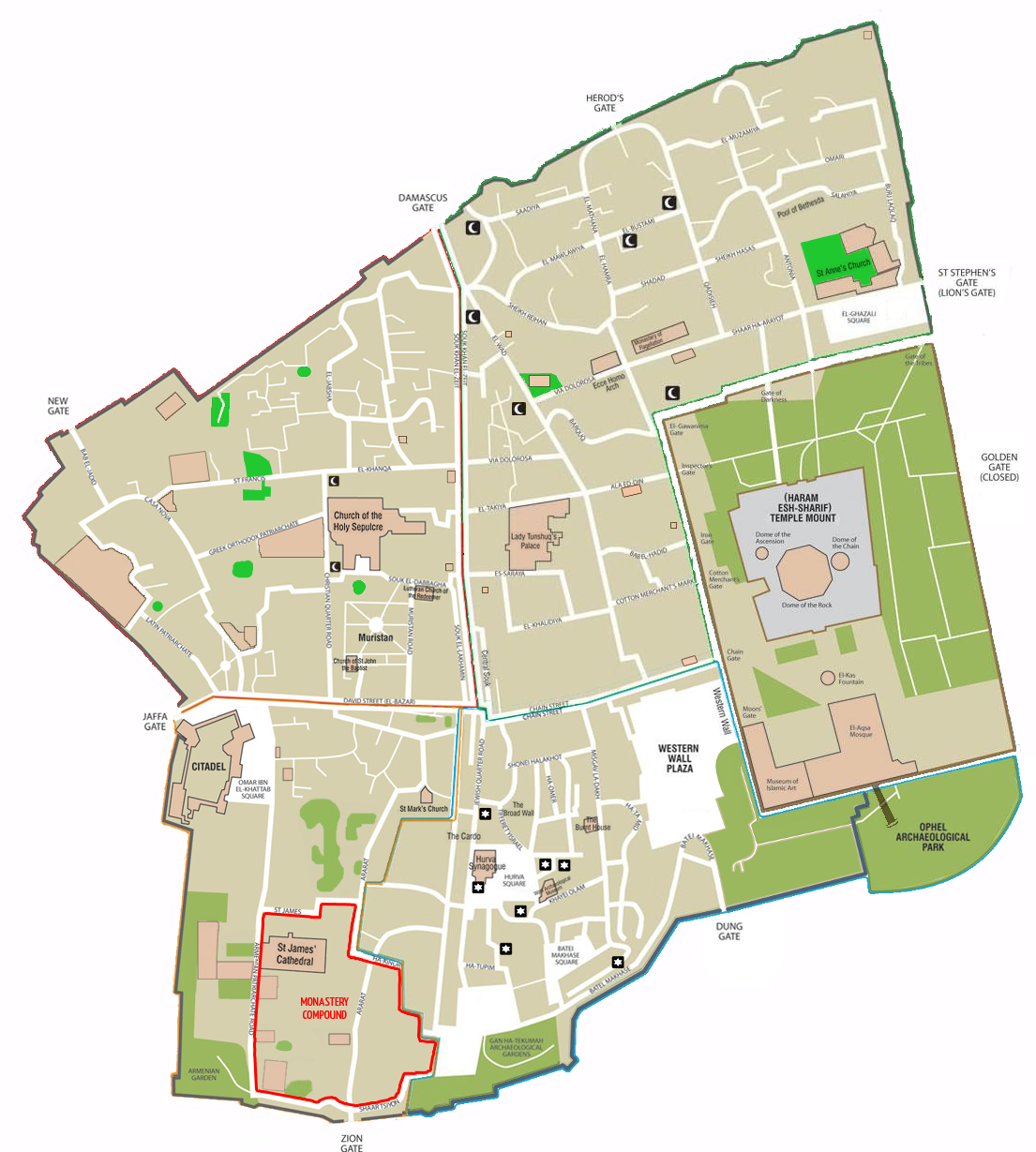Today was started in Jerusalem at David Yellin College. We were met by Shmulik, who will be accompanying Naama and Naama to the US for the exchange. Shmulik co-facilitates a series of courses that are directed at discussing and eventually leading to self advocacy for individuals with disabilities. Shmulik is a very motivated blooming activist, and also experiences a disability.
One of the requirements for this course, is that you must be driven to make a change, but you also must have served in national service. The requirement of national service is due to the fact that all Israelis must volunteer in the national service. The course is integrated with students that do not have a (*diagnosed) disability. When the students are meeting for the first time, they all have one large thing in common. It starts to build dialog and gives students the feeling of equality.
The course begins with self discovery and develops into individuals taking control of their own lives, and making changes for themselves. Everyone in the program has to write a research paper during the course, and they all do a community project around disability rights. One project was to set up support persons on buses to assist individuals that experience disabilities. We spoke to graduates of the course, all experiencing a disability, and the teacher who co-facilitates with Shmulik. One individual has his BA. Others leave with the goal of gaining a higher education degree. All leave as future activists.
In the afternoon we visited Amutat Amichai in Hod Hasharon. They provide community based services for individuals with intellectual disabilities. We saw their day program where the individuals come and spend the day. They all assist in making high quality ceramic pieces to sell, and the money provides income to do community based activities such as going to the coffee shop.
The individuals that go to the "vocational program" also live in shared houses. What would be considered a "group home" in Oregon. This is a very new program in Israel. Most people with disabilities either live together in groups in a hostel, which is not very personal. Or they have to live in an institution, which seems to be even less desirable. People don't get to choose where they live, the Ministry of Welfare and Social Service decides.

The two houses we visited were set up so everyone has their own room that suites their personality. Everyone gets to choose a leisure activity for the evening and is responsible to choosing one chore as well. The purpose is to give people a choice, and the feeling of community. Amichai is also in the process of building a large facility that will serve as a community center for individuals for people with disabilities. This project was started by a father, that had a vision..
Click here for Amichai's website
Click her for the David Yellin College website
An article from the Jerusalem Post discussing the closer of an institution housing people with disabilities. (Bizchut was a part of this)
The Weinberg Foundation is also involved
__________________________________________
__________________________________________
*I stated "diagnosed" disability due to the fact that everyone experience some sort of disability. For example, me as an American who doesn't speak Hebrew and doesn't know Israel, has a disability. People that interpret for me, and help with transportation/culture are providing an accommodation.
We should be treating everyone as equals, and sometimes providing accommodations.





























































